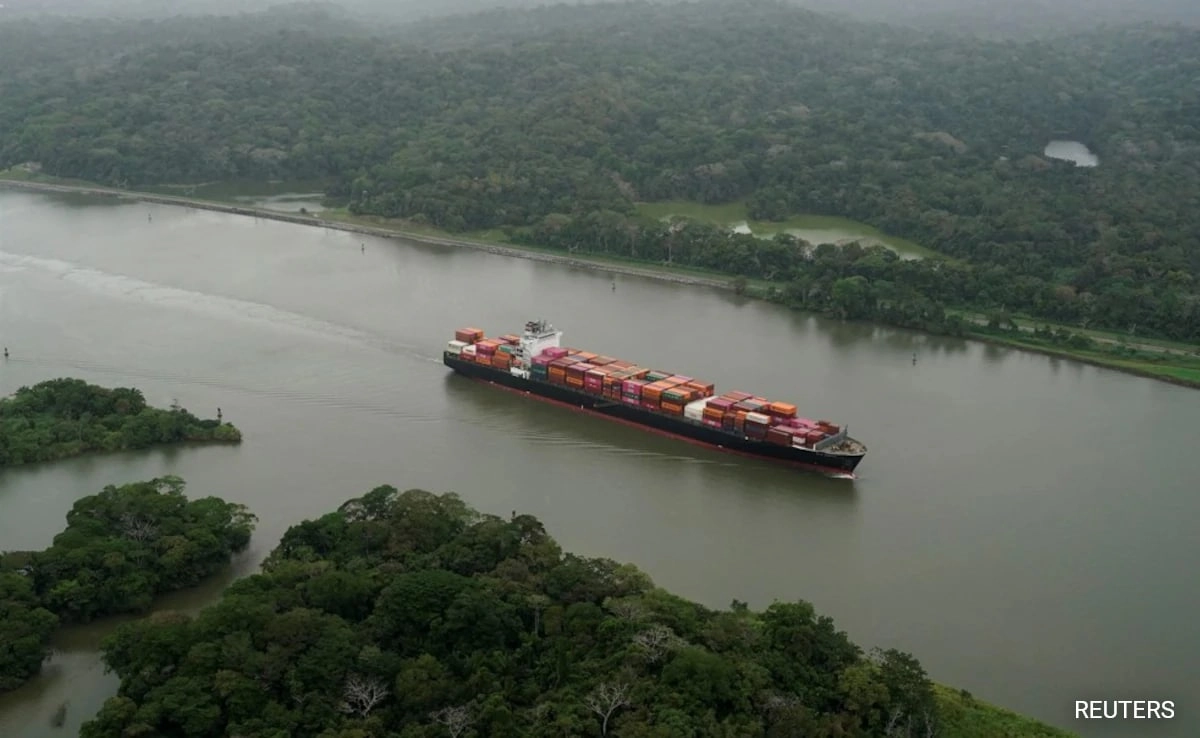In a recent statement, former President Donald Trump has called for the implementation of free transit for U.S. ships through key maritime passages such as the Panama and Suez Canals. This proposal highlights the critical role these waterways play in global trade and the transportation of goods. The Panama Canal, connecting the Atlantic and Pacific Oceans, serves as a vital conduit for American vessels, significantly reducing travel time and costs compared to navigating around the southern tip of South America. Similarly, the Suez Canal is crucial for ships traveling between Europe and Asia, making it a strategic point for international shipping.
Trump’s proposal comes amid ongoing discussions about the economics of shipping and the importance of maintaining favorable trade routes. By advocating for free passage through these canals, the former president aims to bolster American maritime interests and ensure that U.S. vessels remain competitive in the global market. The idea of free transit resonates with the broader concern of rising shipping costs and logistical challenges that have been exacerbated by recent global events, including the pandemic and geopolitical tensions.
The implications of such a policy could be significant. Free transit could lead to reduced shipping fees for American exporters, potentially lowering prices for consumers and enhancing the overall competitiveness of American goods on the international stage. However, the suggestion also raises questions about the feasibility and potential pushback from nations that control these waterways. The Suez Canal, for instance, is governed by Egypt, while the Panama Canal is managed by Panama. Both nations rely on tolls from ships transiting through their canals as a source of revenue, and any moves toward free passage might require complex negotiations and concessions.
Furthermore, the proposal taps into a broader narrative concerning the United States’ role in international trade and maritime security. As global supply chains continue to evolve, ensuring that American ships can navigate these pivotal routes without incurring high costs is vital for economic stability and growth. Trump’s call for free transit through the Panama and Suez Canals underscores the ongoing debate about how best to support U.S. interests in a rapidly changing global economy, highlighting the need for strategic policies that can adapt to both current challenges and future opportunities.




